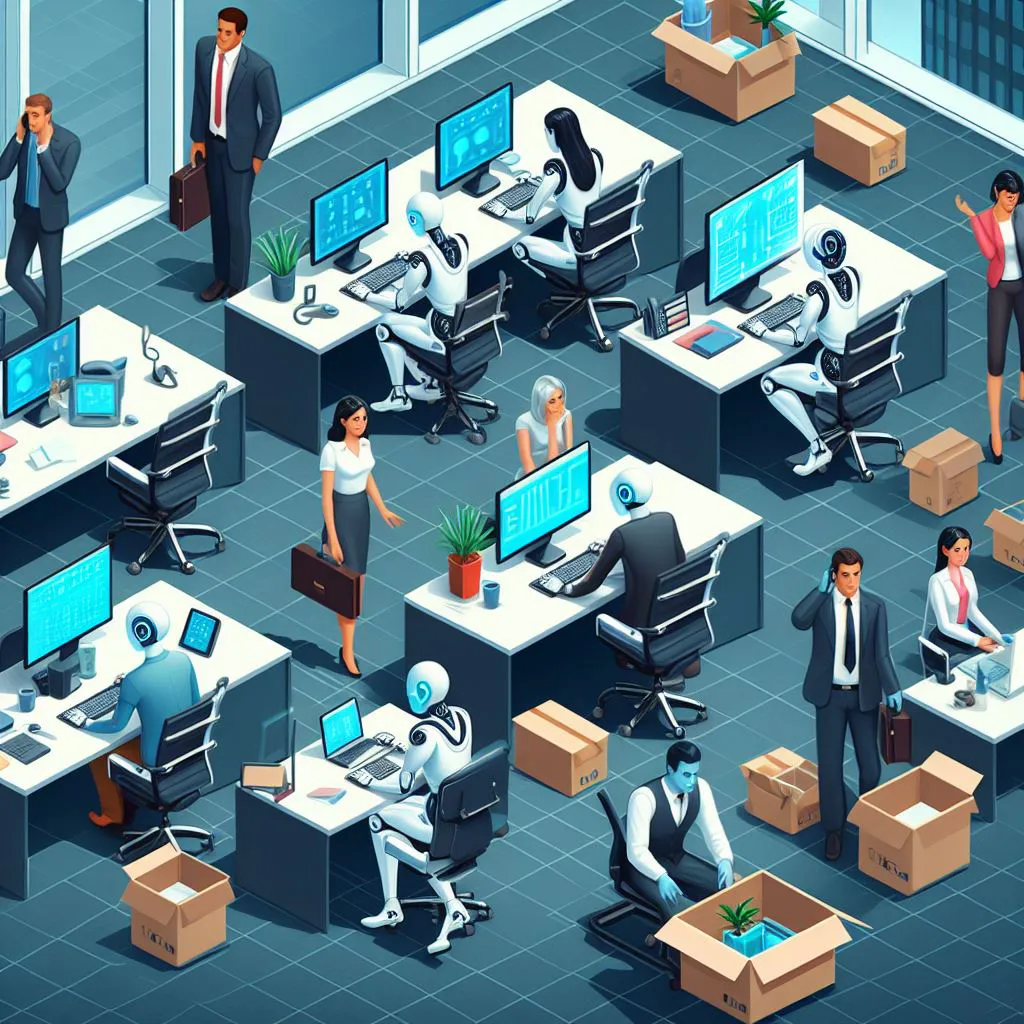
The whirring of automation fills the air, replacing the familiar hum of human hands. Algorithms make decisions, analyze data, and optimize tasks with cold, calculated precision. The future of work looms, a landscape reshaped by technology, leaving us with a chilling question: Will robots rule our world, or can humans evolve to thrive in this new reality?
The fear is real. Images of factory floors devoid of workers, replaced by tireless machines, haunt our imaginations. Visions of mass unemployment, social unrest, and a widening skills gap paint a dystopian future. But is this the only narrative?
Perhaps the future isn't about humans versus machines, but about collaboration. Technology can augment our skills, freeing us from repetitive tasks and allowing us to focus on creativity, critical thinking, and problem-solving. We can become the maestros of technology, not its slaves, utilizing its power to enhance our unique human abilities.
This evolution, however, demands adaptation. Upskilling and reskilling will be crucial, equipping ourselves with the digital literacy and adaptability needed to navigate a changing landscape. Education systems must evolve, fostering creativity, innovation, and the ability to learn continuously.
It's not just about individual skills; it's about social structures. Safety nets must be established, supporting those displaced by automation, ensuring a just transition to a new era. Governments and businesses must work together, creating policies that promote human well-being and ensure shared prosperity in a tech-driven world.
The future of work isn't written in stone. It's a story we have the power to shape. By embracing technology as a tool, not a threat, by equipping ourselves and our communities, and by prioritizing human well-being, we can write a future where humans and machines collaborate, not compete, creating a world where work fulfills and progress benefits all.